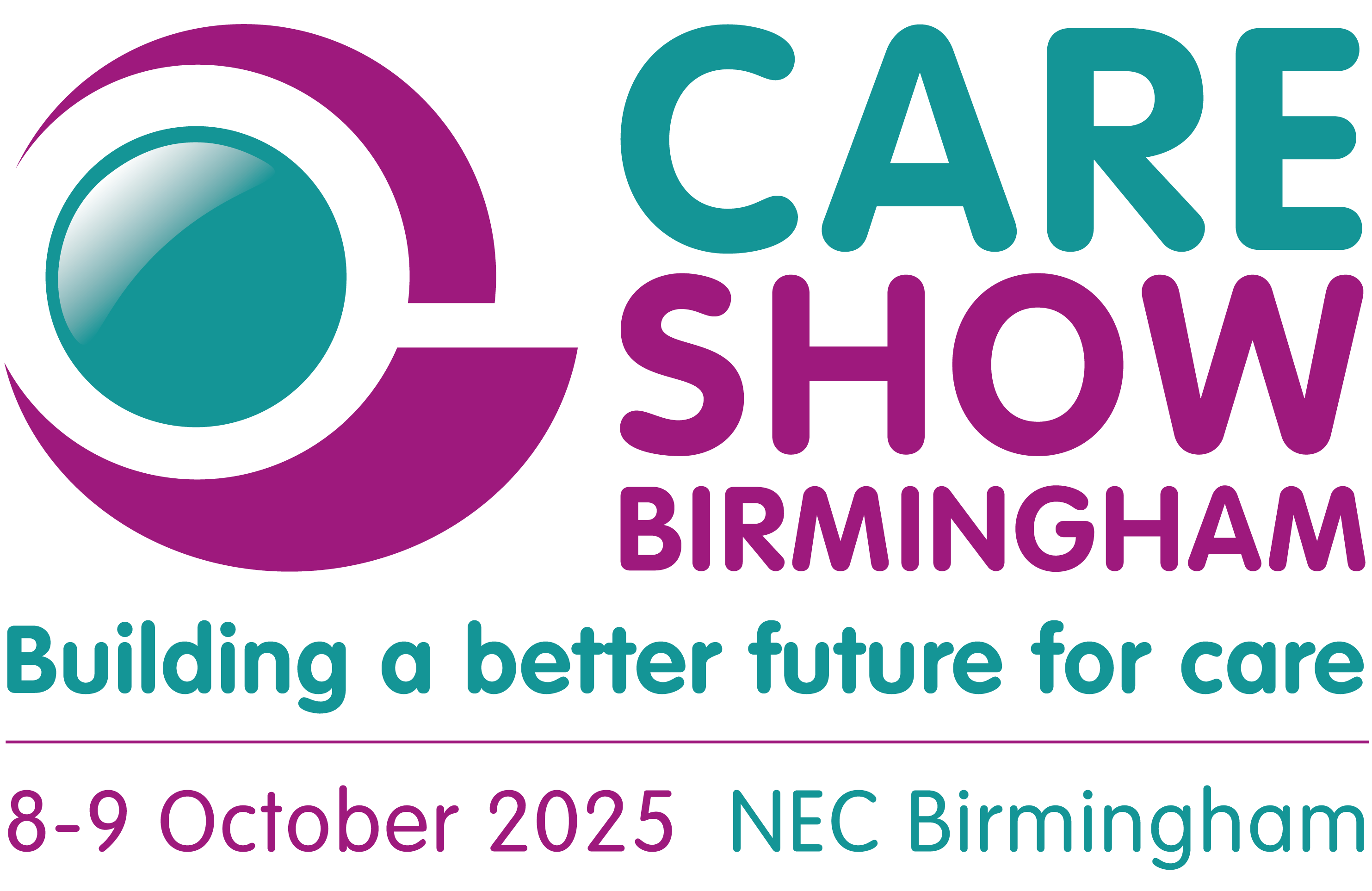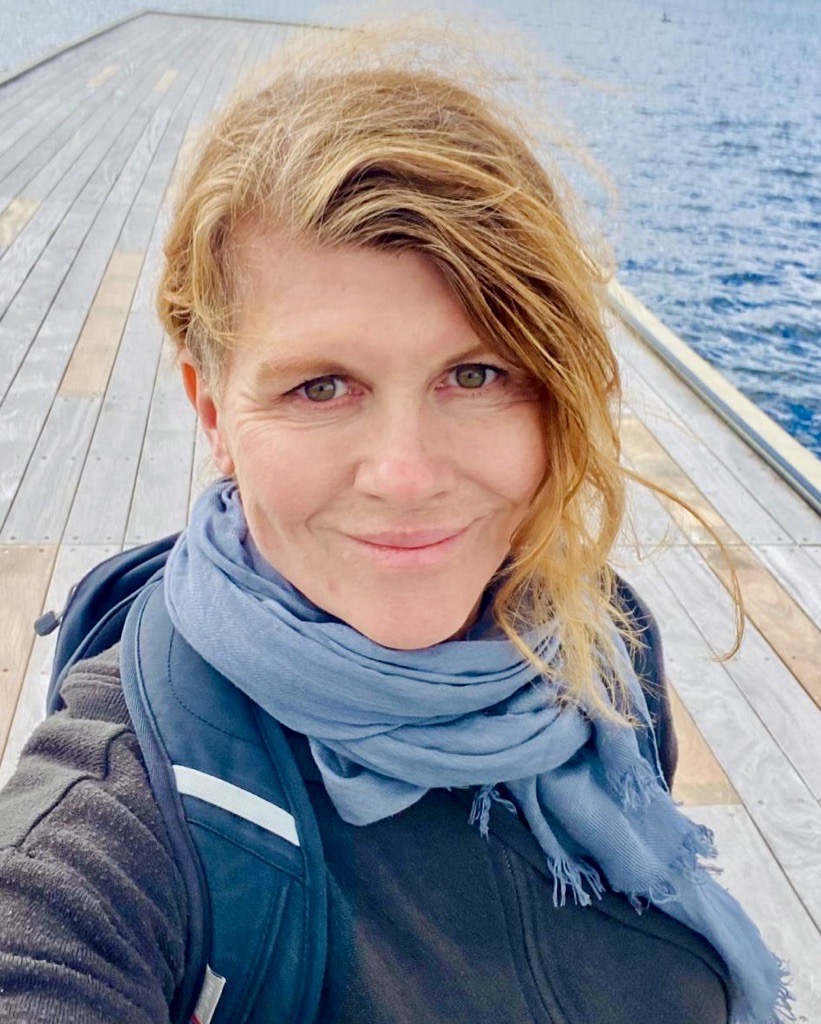Beans on toast or a five-star chef dinner… making the most of DSCRs
Selecting and implementing a digital social care record solution is a major achievement. Getting the very best of all its functions, to motivate and excite care teams and ultimately improve care, is where the magic really happens.
The Digitising Social Care (DiSC) programme’s communications and engagement lead, Stephanie Nimmo, gives a sneak preview of what’s to come from the DiSC team at this year’s Care Show Birmingham.
My favourite thing about my job is getting out and about and hearing from the amazing people who work in adult social care. So I’m hugely excited to be part of the Digitising Social Care (DiSC) programme team heading to the forthcoming Care Show in Birmingham (9 – 10 October).
We were thrilled to launch our Clock is Ticking campaign at the spring event in London, highlighting the massive benefits of making the switch from paper to digital social care records (DSCRs) and the need to act now to secure funding whilst it lasts.
This time, we’ll be asking delegates two key questions: have you made the switch? And if so, are you making the most of it?
We weren’t all born into a world where we touched the screen of a high-powered digital device before we took our first steps. When I got my first smartphone I was pressed for time, juggling frantic work and family life and frankly, pretty bamboozled. I was amazed I’d managed to do any research at all, let alone make the purchase, insert a SIM and connect to a network. I had no time, energy or inclination to explore it’s wonders or the world through its screen. I used to liken it to having a Michelin starred chef in my kitchen and asking for beans on toast. But eventually I started to explore the phone’s multiple functions and uses and now, like most of us, go into minor panic when I can’t locate it within about 30 seconds.
Judging by some of the conversations I’ve had with many of the talented and dedicated leaders and colleagues in adult social care at previous Care Shows and elsewhere, their experience with setting up digital social care records is not dissimilar. Once they have worked so hard to research, select and adopt a digital social care record solution, trained and supported staff to get it up and running, they don’t always have the time or resources to explore each and every function available to them.
Of course, the majority of suppliers will guide social care providers through their solution and all that it can do. You can find DiSC’s list of assured solutions on our website. But it can take time to explore how the additional functions can offer additional support to you, your team, and most importantly the people in your care and their families.
Using a ‘family portal’ function of digital social care records (DSCRs), allows families to stay up to date on everything from personal care and medical support to daily mood and emotional wellbeing. Recent research has shown this is one of the biggest priorities for registered managers, staff and families. Keeping in touch with care delivery digitally, for example through a mobile app, means family members can check in at any time and from anywhere, to see how their loved one is doing. It gives peace of mind, without needing to phone the care setting or team, which is something many families worry about as they understand how busy care professionals are.
Access to vital medical information through their digital social care record has also been revolutionary for care teams who are using it. The GP Connect function allows appropriate staff in CQC registered care providers access to a restricted view of a person’s GP record, ensuring they have the most up to date information to support the delivery of safe, person-centred care and includes real-time information about medication and prescription changes. It’s been nothing short of ‘amazing’ according to one care homeowner and registered nurse manager we spoke to recently.
Lots of care staff have started using the voice to text function within many digital social care record solutions. This offers a double benefit in terms of up-to-the-minute, on the spot record keeping and care planning, as opposed to a pile of paperwork to deal with at the end of a shift, with extra time saved from not having to type in the information. As well as saving time, particularly for colleagues who are less used to typing on screen, this has proven to be hugely valuable for care staff with neurodiversity, allowing them to dictate observations and plans directly into their mobile device instead of trying to structure a written update.
Introducing digital champions into your organisation can be a great way to not only support the wider team to work with new digital solutions but to explore those tools to make sure you’re using them to their fullest potential. See DiSC’s guidance on digital champions on our website.
Wherever you are on your journey to digital, as well as making sure you’re getting the best out of the technology, make sure you’re getting the best out funding and support too. As our Clock is Ticking campaign highlights, funding won’t be around forever so make the most of it whilst you can. Reach out to your local team to find out how the process works in your area.
In the meantime, I look forward to meeting and hearing from inspirational colleagues at the Care Show next month. On day one our Programme Director, Peter Skinner, will outline ‘What next for digitising social care?’ Day two sees a diverse panel of speakers chaired by Alice Ainsworth, Deputy Director, discussing ‘How is digital technology changing the care sector?’. Come and find us on the DiSC stand to find out more about all the support on offer.
For more information visit beta.digitisingsocialcare.co.uk



